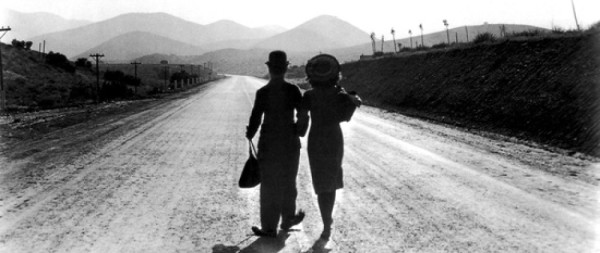The Raven
Directed by Lou Landers
David Boehm “based on a poem by Edgar Allan Poe”
1935/US
Universal Pictures
IMDb page
First viewing/Criterion Channel
Dr. Richard Vollin: Torture waiting… waiting. It will be sweet, Judge Thatcher!
Bela Lugosi and Boris Karloff team up for an enjoyable entry in the Universal horror pictures of this era.
Lugosi plays evil doctor Richard Vollin who is obsessed with Edgar Allan Poe, torture and death. Edmund Bateman (Karloff) who doesn’t appear until midway through, is a murderer who wants Vollin to give him a new face but becomes his unwilling dupe. When Lugosi becomes obsessed with a judge’s young daughter, things get really complicated.
 Universal followed its successful pairing of Lugosi and Karloff in The Black Cat (1934) with this film. Karloff is very good as always and Lugosi hams it up until his character is scarier than Dracula’s. Always fun to see these two icons play off each other.
Universal followed its successful pairing of Lugosi and Karloff in The Black Cat (1934) with this film. Karloff is very good as always and Lugosi hams it up until his character is scarier than Dracula’s. Always fun to see these two icons play off each other.
Like in Roger Corman’s The Raven (1963) this film doesn’t have anything to do with Poe’s poem other than that a character recites a stanza or two once in awhile. This version with Vincent Price, Boris Karloff and Peter Lorre is also a lot of fun.
Fan trailer














 The lovers cannot resist temptation. Karenin is remarkably tolerant, seeking only to avoid scandal. But Anna reveals the depth of her feelings in public when Vronsky is thrown from his horse and Karenin seeks a divorce. In revenge, he also asks for sole custody of the son. Although extramarital affairs are common in St. Petersburg high society, they are strictly recreational. By openly defying the rules, Anna becomes an outcast. Things go downhill from there. Then Vronsky announces that he is going to rejoin his regiment to fight the Turks, building to the well-known climax of the novel which I will not reveal here.
The lovers cannot resist temptation. Karenin is remarkably tolerant, seeking only to avoid scandal. But Anna reveals the depth of her feelings in public when Vronsky is thrown from his horse and Karenin seeks a divorce. In revenge, he also asks for sole custody of the son. Although extramarital affairs are common in St. Petersburg high society, they are strictly recreational. By openly defying the rules, Anna becomes an outcast. Things go downhill from there. Then Vronsky announces that he is going to rejoin his regiment to fight the Turks, building to the well-known climax of the novel which I will not reveal here. The chemistry between Garbo and March isn’t great and Garbo’s acting seems particularly like posing here. Of all the adaptations I have seen, I would suggest
The chemistry between Garbo and March isn’t great and Garbo’s acting seems particularly like posing here. Of all the adaptations I have seen, I would suggest 



 A bunch of other stuff happens, leading to the need to take action against a tortured colleague who squealed. Paul Meurisse plays the commandant of another cell.
A bunch of other stuff happens, leading to the need to take action against a tortured colleague who squealed. Paul Meurisse plays the commandant of another cell.
